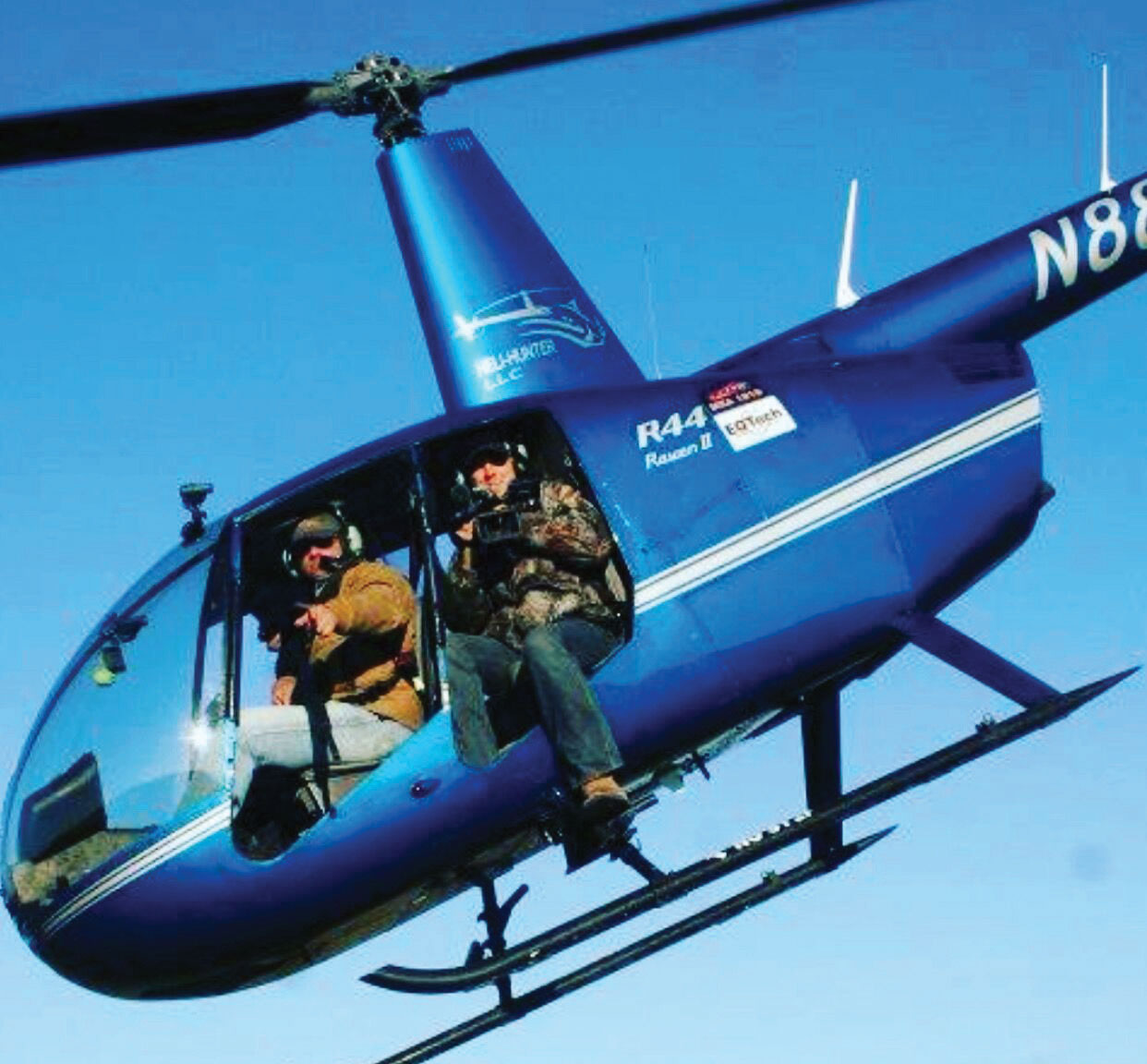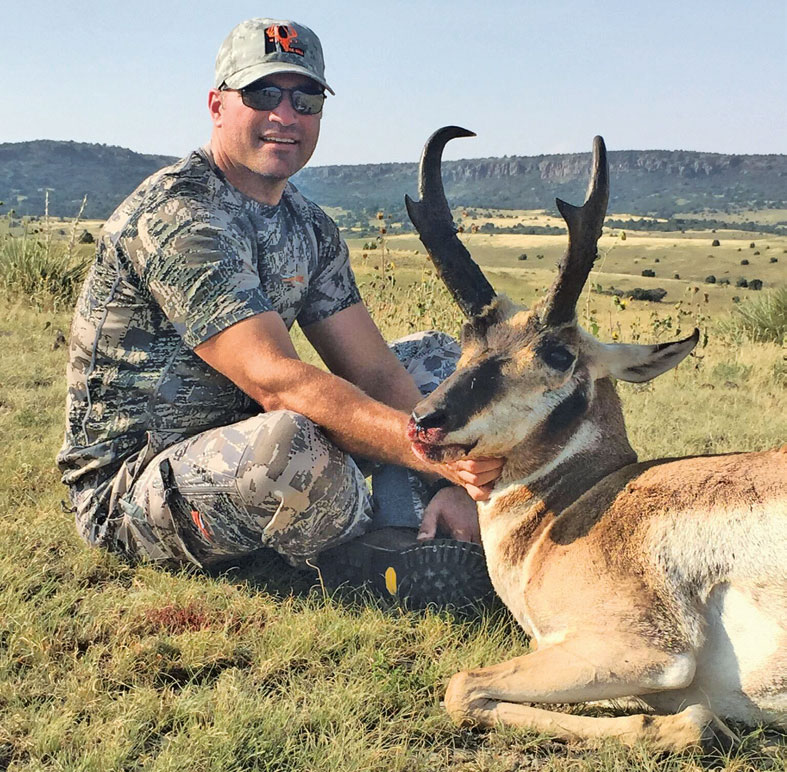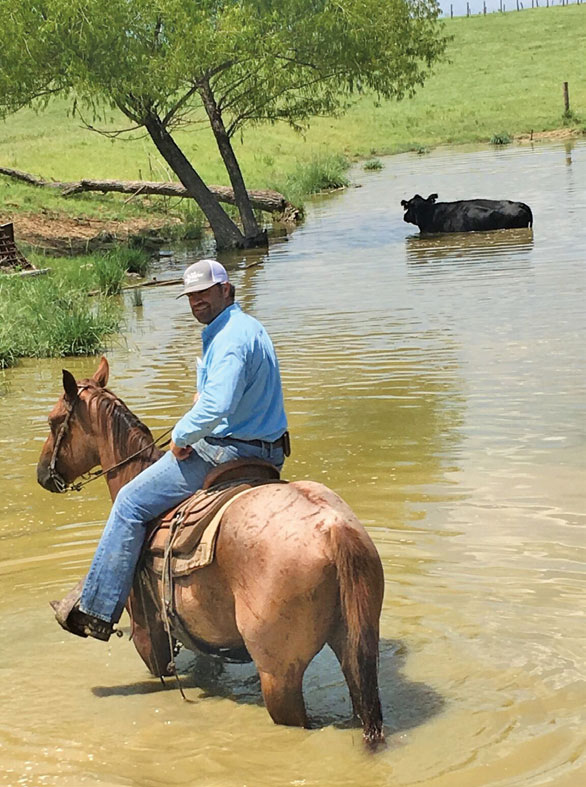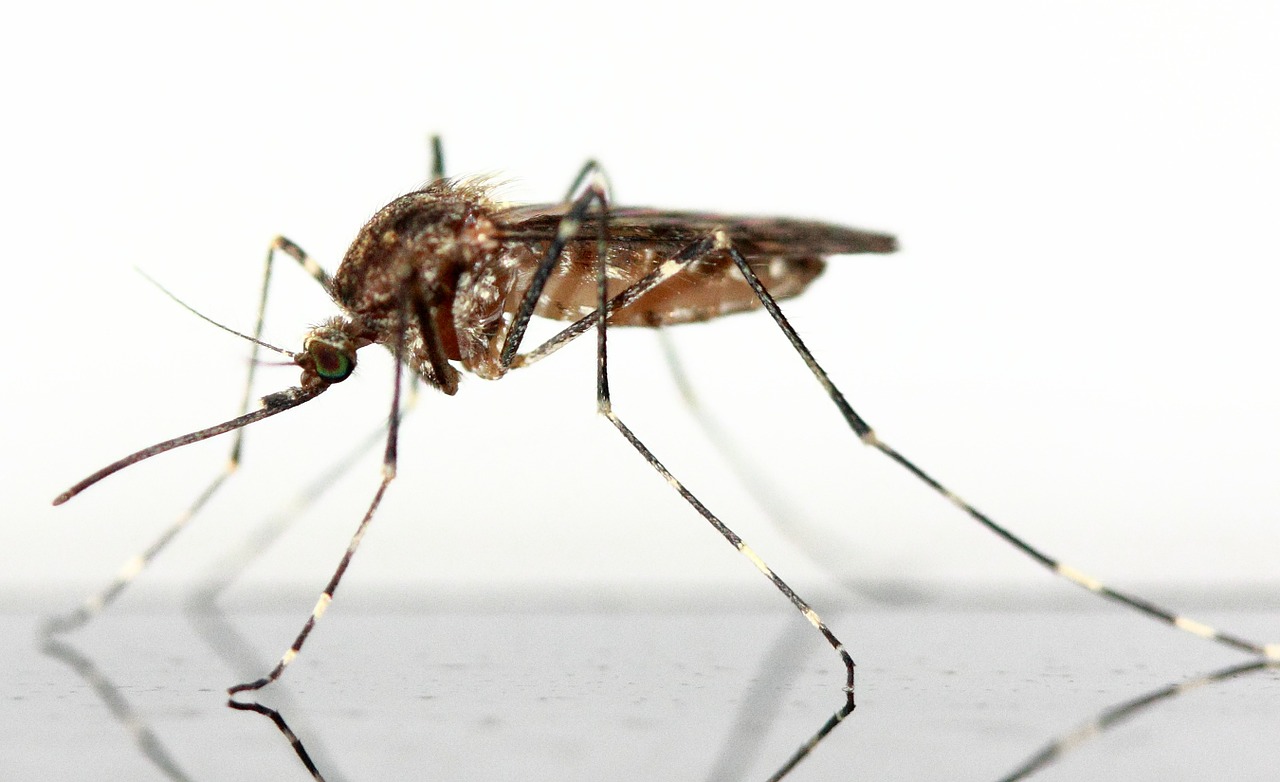The disease first revealed itself after a meal of beef enchiladas. Only 30 minutes after his first bite, John Hill was struck with sweats, severe abdominal cramps, vomiting, diarrhea and more.
He thought it was food poisoning.
It wasn’t.
Instead, it was the first of many, many violent allergic reactions that would start Hill on a months-long journey of discovery and to his ultimate diagnoses of having contracted alpha-gal.
The story of how a lifelong cattle rancher and big game hunter contracted a disease that turned him violently ill after exposure to mammalian meat began on February 28, 2018.
Hill and friends took advantage of the last day of the extended doe season on his FE Hill Ranch near Fairfield, Texas. The next morning, Hill discovered a tick on the back of his leg. He removed it with a pair of tweezers, threw it in the trash and continued onto the shower without giving the incident another thought.
After all, as a rancher and hunter, he got ticks on him all the time.
“About ten days later, I had some Mexican food and within about thirty minutes I got sick,” Hill recalls. “I didn’t think it would be something that I had just eaten, of course, because that would be really quick for food poisoning to hit you. But I was thinking maybe it was something I had during lunch or whatever. Anyway, I kinda had stomach cramps, nausea, diarrhea, all of it. I mean I vomited, but after about four hours, it just kinda went away.”

An avid hunter, John Hill goes airborne to hunt wild boar on his Texas ranch.
Hill found the quick disappearance of his suffering odd. He’d never rebounded from a stomach bug or case of food poisoning so quickly. Nor had he ever had such an appetite on the tail end of suffering from such ailments.
Much like with the tick on his leg, Hill put the matter out of mind and continued on his day. He ate a big breakfast and put in a hard day’s work. Late that afternoon he broke for lunch at Subway and quickly scarfed down an Italian sub. He was sick as a dog within the hour.
He was fine six hours after.
“I was beginning to wonder if I’d developed some kind of food allergy. Maybe some kind of food sensitivity,” Hill explains. “The next morning I ate pancakes and had a little bit of oatmeal and some fruit. But I ate some sausage.”
Again, he got sick within an hour of eating.
At that point, Hill began to seriously give his reactions more thought and came up with a plan to figure out what was wrong with him.
“I realized the common denominator was that I’d gotten sick after I’d eaten red meat or pork,” Hill says. “I was like, well this is crazy. I mean I’ve been eating this all my life; I’m a rancher and I eat a ton of venison.”
Regardless, Hill refrained from eating red meat and pork for three days. He did, however, eat chicken and turkey and experienced no suffering whatsoever. Thinking that his symptoms had passed, he reintroduced ham into his diet.
“Within an hour, I was horribly sick again. And so I was like, okay, I just had the same thing I had for breakfast minus the eggs, but I put ham on there this time instead of turkey. So I’m thinking, I’ve got a meat allergy. Something is definitely going wrong here.”
Hill took his concern to his physician who immediately believed Hill’s gallbladder was to blame. Hill’s doctor ordered a battery of tests to prove his suspicion, but they showed nothing wrong with his gallbladder. The doctor ordered a CT scan of his liver, spleen and pancreas. These tests also showed nothing wrong. Despite not finding a reason for Hill’s frequent reactions, his doctor cleared him to go on a hunting trip in Spain.
“He’s like, no, I think you’re good. You know that when you’re eating beef and you’re eating pork, that’s what’s kicking this deal off, because all the other stuff that you’re eating is not bothering you at all. He goes, well just do this: when you get to Spain, just stay on chicken and seafood; don’t touch anything that’s beef or pork or any venison or anything. I was like, okay, cool.”
Three days before Hill was to leave for Spain, his outfitter, Scott Kendricks of Global Pursuit, emailed Hill a story about alpha-gal, a disease that sounded a lot like what Hill was dealing with.

Hill’s alpha-gal diagnoses has forever changed his life.
“The further I kept reading about it and what it does, I was just like, oh my gosh. This is it.”
Hill’s doctors disagreed.
Upon Hill’s return from Spain, he met with the growing number of specialists he’d been dealing with and asked them if they thought he might have alpha-gal.
None of Hill’s doctors had heard of the disease. Nor did they want to learn about it.
Hill took his concerns elsewhere and, after a battery of phone calls, he found an allergy specialist in Waco willing to test him for the disease.
“She [the specialist] calls me five days later and she’s like, John, the level of alpha-gal in your body right now is so high, your white blood cell count is off the charts and that’s not good. She asked for my pharmacy and says, ‘You’re gonna have two EpiPens waiting on you in ten minutes.’
“I was like, whoa. Now hang on a second. She goes, yes, you need to understand and you need to have an EpiPen on you everywhere you go.”
Hill realized very quickly the serious nature of his ailment and how his life would never be the same again.
According to the Mayo Clinic: “Alpha-gal syndrome is a recently identified type of food allergy to red meat. In the United States, the condition most often begins when a Lone Star tick bite transmits a sugar molecule called alpha-gal into the body. In some people, this triggers an immune system reaction that later produces mild to severe allergic reactions when they eat red meat.”
Hill has come to accept his alpha-gal diagnoses and, with the help of a nutritionist, has come to terms with a life without red meat of any kind. He’s lost weight on his new diet and keeps up on any and all breakthroughs in the disease.
 “The problem is, there’s not a whole lot of information out there about it because the CDC has not accepted and recognized it as a disease yet,” Hill explains. “Awareness of it is getting out there because more people are starting to get it. That means, it could be the Lone Star tick or it could be other ticks that are doing this.”
“The problem is, there’s not a whole lot of information out there about it because the CDC has not accepted and recognized it as a disease yet,” Hill explains. “Awareness of it is getting out there because more people are starting to get it. That means, it could be the Lone Star tick or it could be other ticks that are doing this.”
Hill cautions all of his hunting clients to bathe their clothing in Permethrin or other tick-deterring pesticides before heading afield and to check themselves after time spent outside.
No one is sure if alpha-gal is something that can be cured or if the allergy is something that one can grow out of. This was a hard realization for Hill to accept, but one that he has no choice but to deal with.

This is a facsimile reprint of the very first Boy Scouts Handbook published in 1911. Scouts past and present will be fascinated to see how scouting has changed, as well as what has stayed the same over the years. Buy Now




